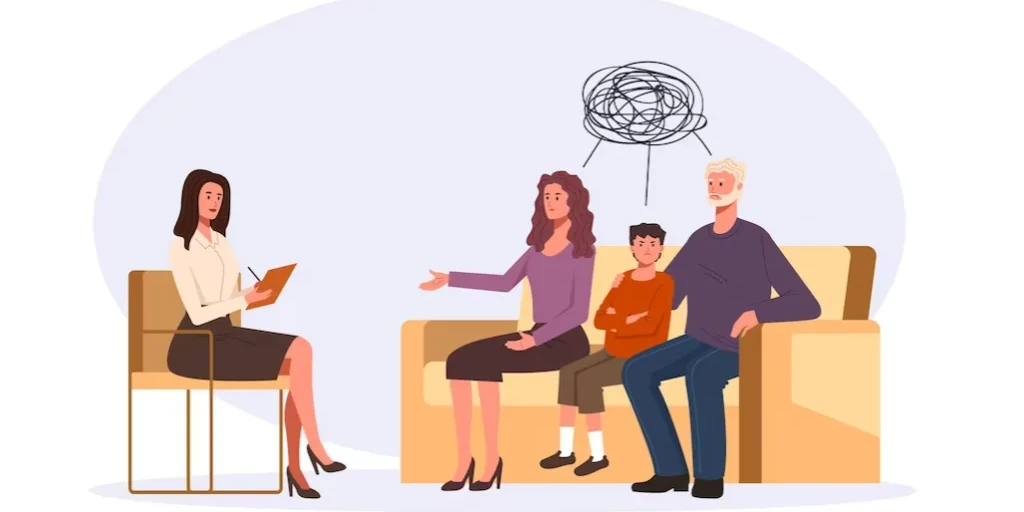is an essential component in the rehabilitation landscape of Prosperity, addressing various forms of addiction, including substance abuse, alcohol dependency, and behavioral disorders. The approach taken in these rehab centers emphasizes the power of community and shared experiences as individuals work through their recovery journeys together. Group Therapy offers a supportive environment where members can share their struggles, gain insights from others, and build resilience. The significance of rehab centers in Prosperity cannot be overstated, as they not only provide crucial support to individuals battling addiction but also contribute to the community's overall health and well-being. Historically, Group Therapy rehab centers in Prosperity have evolved through the decades, responding to the changing tides of addiction trends and treatment methodologies in the United States. They have been instrumental in creating a culture of connection and openness, breaking down the stigma surrounding addiction, and fostering an environment where healing can take place. This collaborative treatment model is effective because it combines individual therapy's specificity and targeted nature with the camaraderie and accountability found in peer support. Each recovery story shared in these spaces highlights the collective journey toward sobriety, reinforcing the notion that no one has to face their challenges in isolation. For those seeking guidance in their recovery, Group Therapy rehab centers in Prosperity stand as a beacon of hope, demonstrating that healing is indeed possible through connection, understanding, and commitment.
Learn more about Group Therapy centers in Prosperity




































































